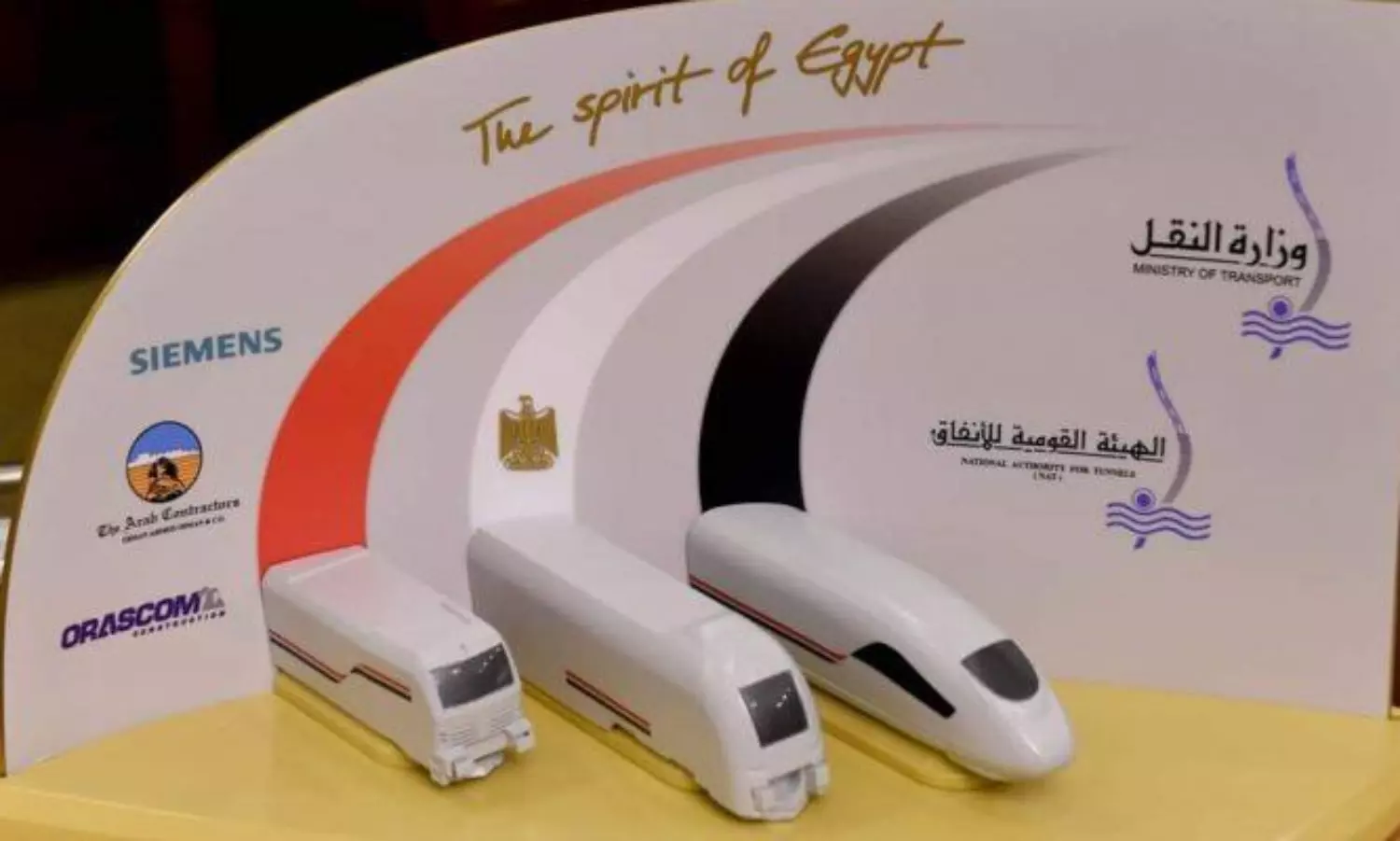Egypt advances rail freight development with Siemens & Orascom projects
When completed, the high-speed rail network will extend 2,000 km, making it the world’s sixth-largest system.

Siemens and Egypt’s General Authority for Industrial Development signed a Memorandum of Understanding (MoU) in Cairo to localise the production of low- and medium-voltage products, while Orascom Construction, in a consortium with Siemens Mobility and Arab Contractors, signed a USD 4.5 billion contract with the National Authority for Tunnels to design, build, and maintain Egypt’s first high-speed rail system. Both agreements, signed in different phases since 2021, aim to modernise Egypt’s railway-based supply chain and expand freight transport capacity.
The high-speed rail project will span 660 km, connecting Ain Sokhna on the Red Sea to Alexandria and Marsa Matrouh on the Mediterranean. It will carry both passengers and freight, cutting travel times by up to 50% and increasing freight moved by rail by 15%. The fully electrified system will also reduce carbon emissions by 70% compared to road transport, with freight integration seen as a key driver in shifting cargo away from highways.
Orascom and its partners will handle track works, signalling, power substations, and 15 years of maintenance. The consortium will also structure financing for the project. More than 15,000 direct jobs and nearly 4,000 supplier roles will be created. Agreements are also under discussion for two additional high-speed lines, which would expand the total network to 1,800 km and connect ports, dry ports, and industrial zones across Egypt.
The Siemens–Industrial Development Authority MoU complements this railway expansion by focusing on localised manufacturing of electrical products needed for rail and industrial systems. Siemens will manufacture and assemble panels, distribution boards, and circuit breakers in Egypt, supporting the government’s plans to build a self-sufficient industrial economy that can supply rail and logistics projects domestically.
Egypt’s 2030 transport strategy aims to boost rail freight capacity by 46%, raising it to 11–13 million tonnes annually compared with 8 million tonnes in 2024. To achieve this, Egypt is adding 500 km of new rail tracks, creating 32 dry ports and logistics zones, and linking seaports such as Alexandria, Safaga, and Damietta to the national network. Siemens Mobility is supplying 41 Vectron freight locomotives, each able to haul 1,200 tonnes, to strengthen freight operations.
When completed, the high-speed rail network will extend 2,000 km, making it the world’s sixth-largest system. It is expected to connect 60 cities and provide freight corridors between key ports and inland industrial hubs. The integration of local manufacturing with new rail infrastructure marks a significant step in positioning Egypt as a regional logistics hub.


